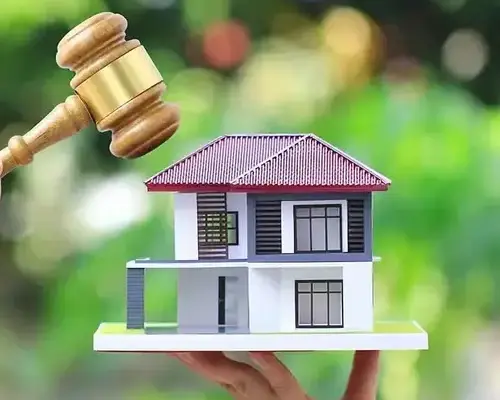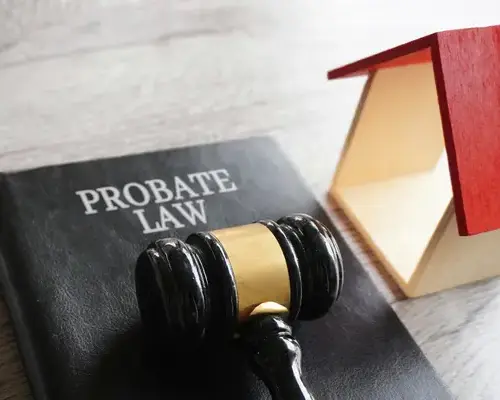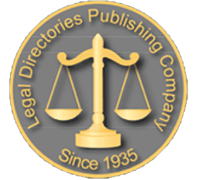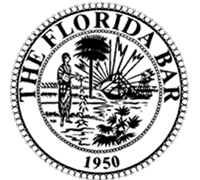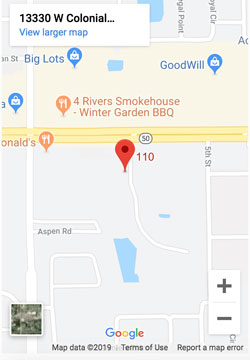Orlando Residential Foreclosure Defense Lawyers
If you are a homeowner and are having difficulty paying your mortgage, you may have several options available to you to prevent foreclosure. Legal Counsel, P.A. employs residential foreclosure defense lawyers in Orlando, Florida who may be able to help you prevent foreclosure, delay foreclosure, or even fight your foreclosure if your bank takes you to court. Contact us today to learn more about your rights and options under the law.
I Can’t Pay My Mortgage: What Are My Options?
If you are having difficulty paying your mortgage, your first step should be to call your bank or lender right away. Explain why you are having trouble paying the mortgage. If you qualify for a loan modification, forbearance, or repayment plan, your bank may be willing to work with you to prevent your home from going into foreclosure. What are some options you might have if you can’t pay your mortgage to prevent foreclosure of your residential home? Here are some options:
- If you cannot pay your mortgage due to an illness or disability or due to the loss of a job, forbearance may be an option. During the forbearance period, the bank may allow you to suspend payments on your mortgage or your bank may temporarily lower your monthly payment amounts. After the forbearance period ends, you may be required to pay mortgage payments you missed in a lump sum or over a period of time. Forbearance may be a good option if you were hurt in a car or work accident, for example, expect to receive compensation from your injuries through insurance or a lawsuit, and expect to be able to resume making your mortgage payments again at a later date.
- Loan Modification. If you are facing a financial hardship and lowered mortgage payments could make a difference in the affordability of your mortgage, a loan modification may be possible. If you have an adjustable rate mortgage, it can be difficult to plan or predict what your monthly mortgage payments will be. If this is causing financial hardship, your lender may be able to modify your loan so that it is a fixed-rate mortgage, or offer you refinancing options. Other options can include extending the term of your loan. While you’ll be paying off the loan for a longer period of time, the lowered payments might be sufficient to prevent foreclosure. Another loan modification option could include the bank offering you a lower interest rate.
- Payment Plan. If you owe money because you missed a mortgage payment or two, but cannot afford to rehabilitate the loan by paying the missed payments and late fees, your bank might be able to offer you a payment plan. With a payment plan, the missed payments and late fee payments are spread out over a period of time, like a year. These payments must be made in addition to your regular mortgage payments.
- Chapter 13 Bankruptcy. If you cannot pay your mortgage because you have a high debt load, Chapter 13 bankruptcy may be an option. With Chapter 13 bankruptcy, you may be able to keep your home by restructuring your debt.
- Selling your home. If you can sell your home for the amount you owe the bank or for a higher amount, it may make sense to place your home on the market. Talk to your bank if you plan to sell your home if you cannot make payments. The bank may be able to work with you to prevent foreclosing if it knows it will be paid the debt in full when you sell.
- Short Sale. Sometimes home owners owe more to the bank than the home is worth. If this is the case, you may be able to speak to the bank about a short sale. With a short sale, the bank is willing to accept a lower payoff amount for the home after the home is sold, and this prevents the owner from going through the foreclosure process and the damage that this process can cause.
- Refinancing the loan. If you don’t qualify for a loan modification, you may still be able to speak to the lender about refinancing. If you have faithfully paid your mortgage over many years, refinancing might extend the term of your loan, but could result in lower monthly mortgage payments, which can make your mortgage more affordable.
- Renting your home. If you can collect rent amounts equal to your mortgage payments, you may want to rent out your home to avoid foreclosure. If the market can support this, you may want to talk to your lender about this option. Sometimes the lender might be willing to even collect the rent directly from your tenants.
- Deed in Lieu of Foreclosure. If the value of your home is lower than what you owe to the bank, instead of a short sale, you may be able to sign the deed of your house over to the bank. With this option, you lose your home, but protect your credit from the devastating financial consequences of foreclosure.
These are just some of the options that may be available to you if you are facing foreclosure of your residential home. It is important to note that many of these options are only available to individuals who reside in their homes. Legal Counsel, P.A. employs residential foreclosure defense lawyers in Orlando, Florida who may be able to help you negotiate with your lender or the bank to prevent foreclosure. Have questions? We have answers. Contact Legal Counsel, P.A. today at 407-982-4321.
Residential Foreclosure Defense: What You Need to Know Before Going to Court
In Florida, in order for a bank to foreclose on your home, it must submit paperwork to the court to show that it owns the mortgage and has legal standing to foreclose on your home. While mortgages taken out after the mortgage crisis tend to be heavily documented, many banks have lost the paper trail on mortgages taken out before the 2008 financial crisis. Banks may have lost the paper trail because these mortgages may have been sold and re-sold over time. The person foreclosing on your home must prove that it owns the debt and the mortgage. What does this mean for you if the bank is foreclosing on your home? The bank must show that it has the paperwork to foreclose. What are some issues that can arise with paperwork?
- The “robo-signing scandal.” In order to foreclose on your home, the bank or lender generally needs to submit the mortgage note and an affidavit signed by someone familiar with your file affirming that the mortgage note and information is accurate. This means a person should review your case, double-checking that all payments on the mortgage have been accounted for, that all documentation is accurate, and that the bank does hold the mortgage note. In some cases, it came to light that banks were automatically signing documents affirming that the bank owned the loan without actually performing the due diligence required to review the paperwork or have a person familiar with the loan review the documents. In some cases, banks went as far as to “robo-sign” mortgage documents. Some courts have accused the banks of falsifying documents as a result of this scandal. Legal Counsel, P.A. employs residential foreclosures defense lawyers in Orlando, Florida who can review the documents your bank submitted to the court and check for errors or falsifications.
- Bank Errors in Your Favor. Banks can make mistakes. Sometimes banks fail to properly credit your account for all the mortgage payments you have made. Sometimes banks charge fees and fines that are not legal or not permitted based on the loan contract. Dual-tracking occurs when a bank tries to pursue a foreclosure at the same time that it is working out a loan modification, repayment plan, or forbearance. This is also not permitted. Another error could be one where the bank failed to send you a letter informing you that your mortgage was in default, or when the bank failed to follow Florida law regarding timeframes to initiate the foreclosure. Legal Counsel, P.A. employs residential foreclosure defense lawyers in Orlando, Florida who understands the laws that banks must follow when starting the foreclosure process. Our firm can make sure that the bank follows the law, and either prevent or delay your foreclosure.
These are just some defenses against foreclosure. If you own a government-backed loan, the bank may be required to offer you certain remedies to prevent foreclosure before foreclosing on your home. If the bank failed to offer you these options, it may not be permitted to foreclose. There may be other situations where the foreclosure may be able to be halted or delayed. For example, if you file for Chapter 13 bankruptcy, this could result in a stay on the foreclosure.
Take steps to protect your home and your credit. Fight foreclosure today. Legal Counsel, P.A. employs residential foreclosure defense lawyers in Orlando, Florida who can help you fight or delay foreclosure and possibly help you save your home. Have questions? We have answers. Contact legal Counsel, P.A. today at 407-982-4321.





